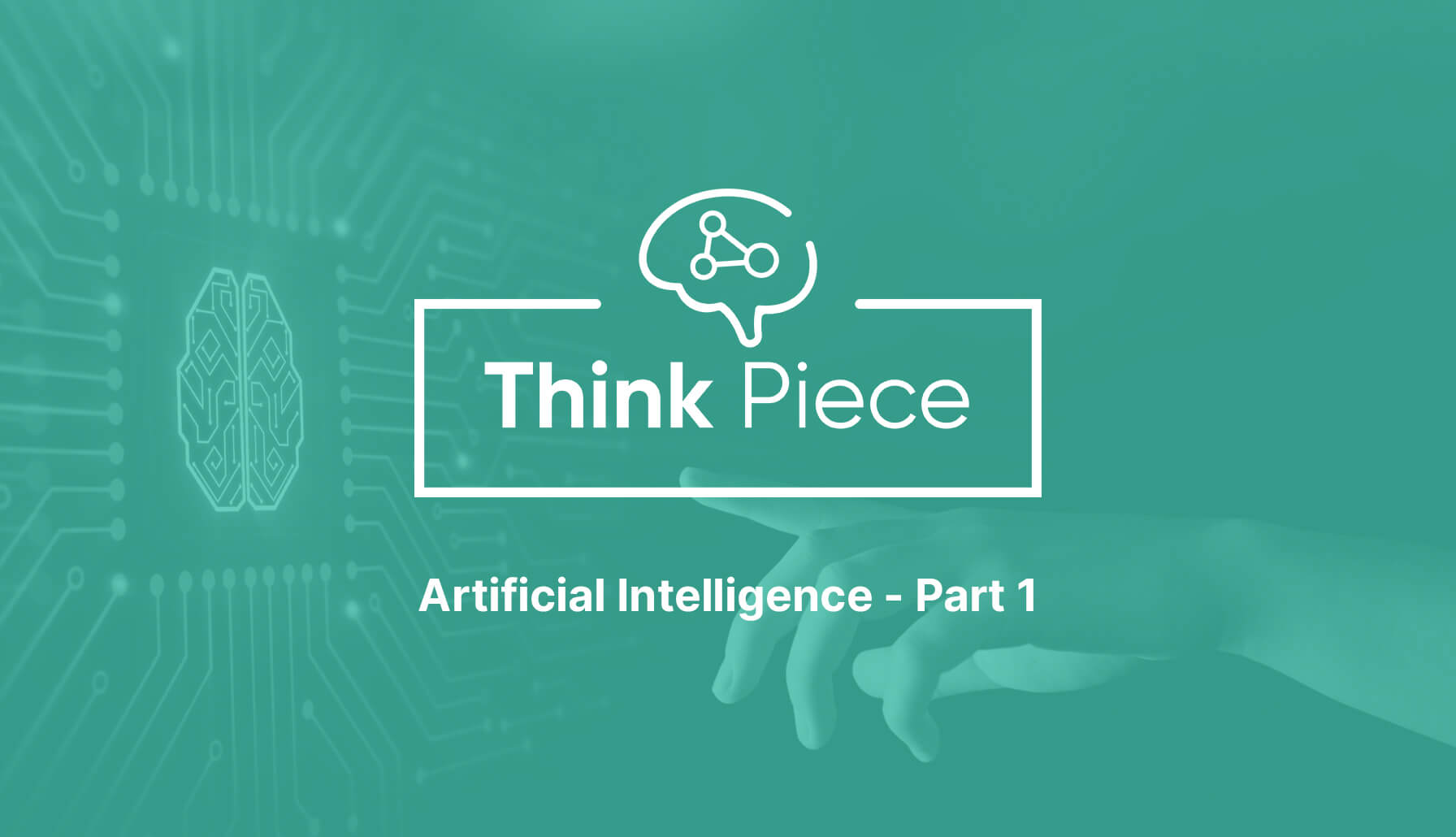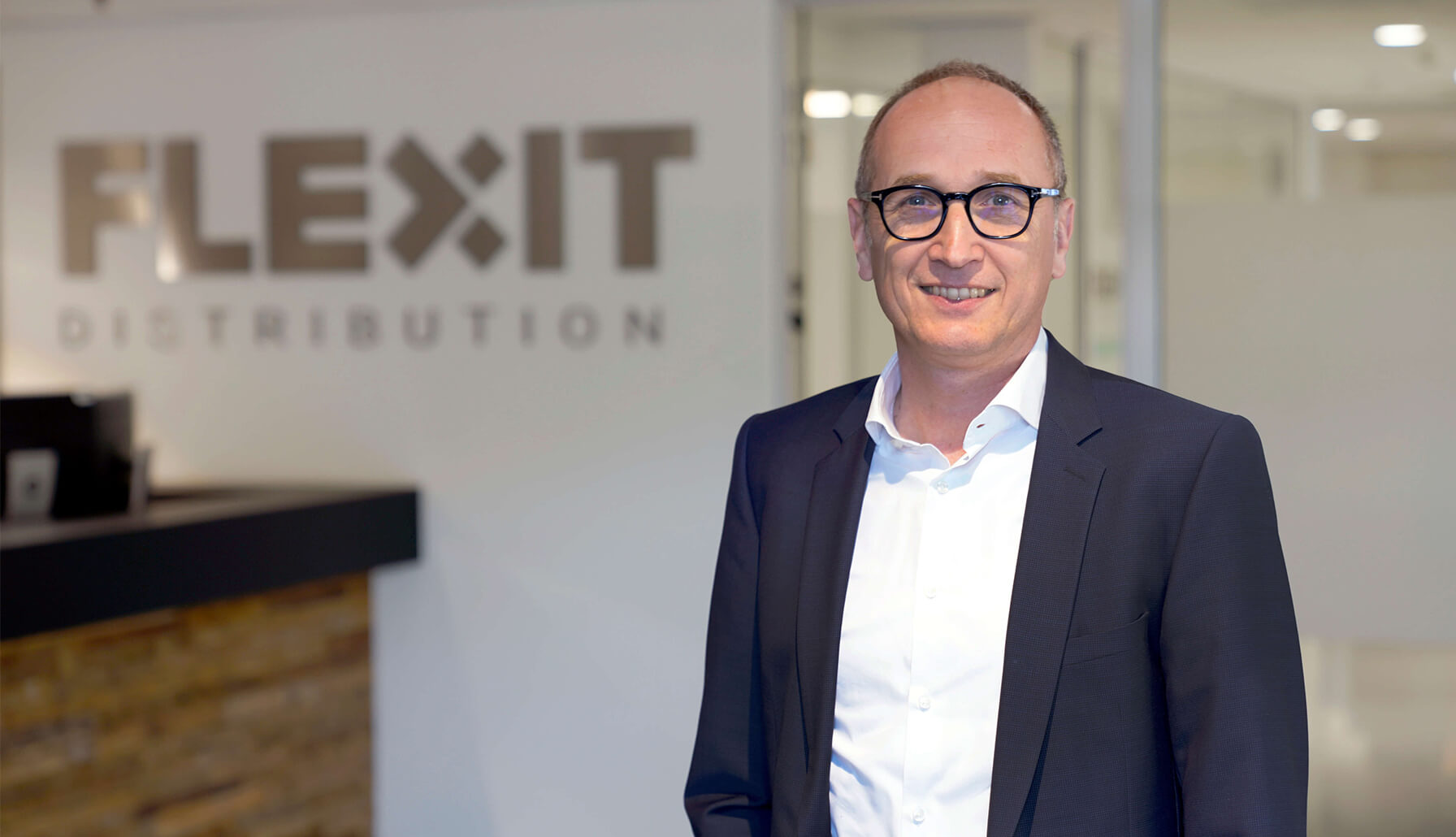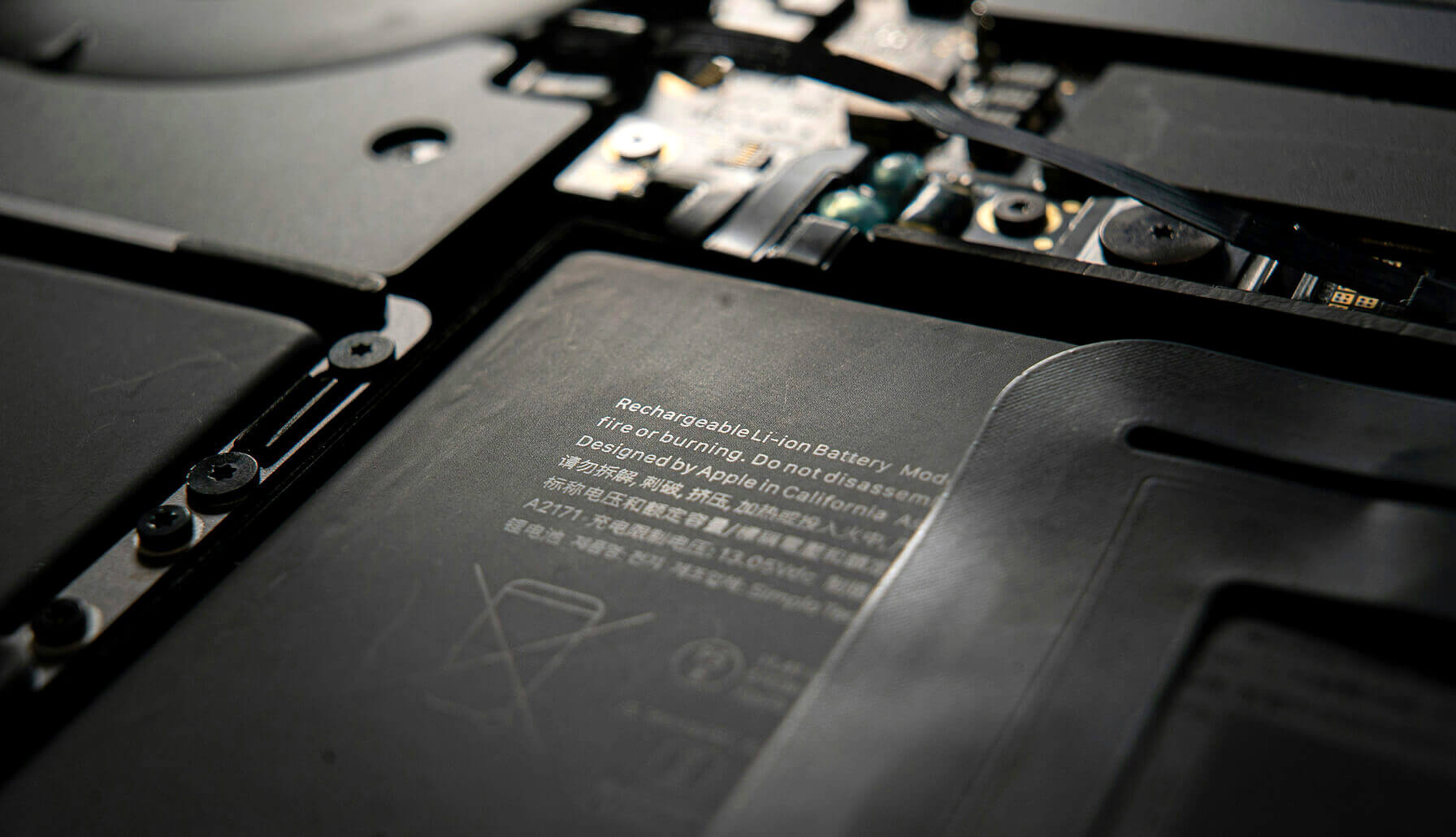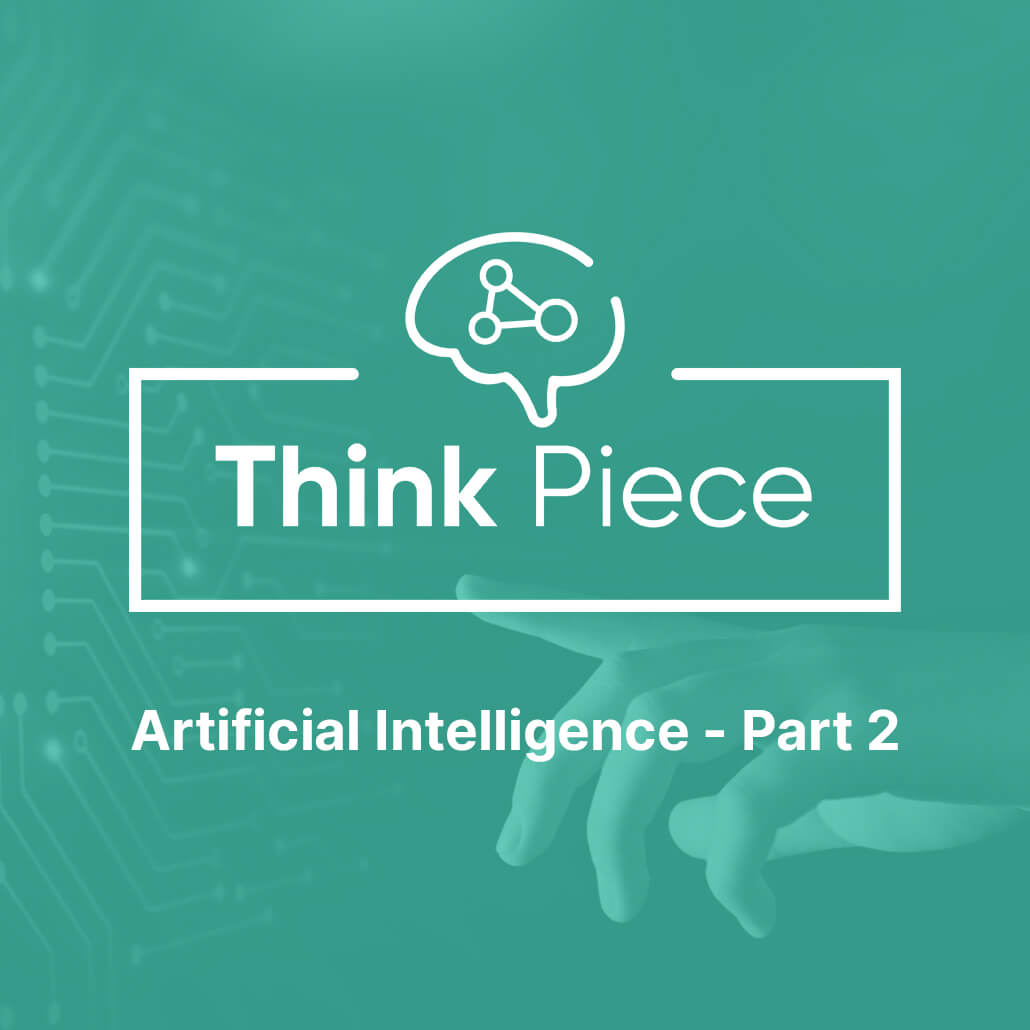AI paves the way for remanufacturing discarded IT devices
AI paves the way for remanufacturing discarded IT devices
Upcoming AI technologies are revolutionizing the circular economy in the IT sector, from product design to recycling and e-waste reduction. AI also provides promising opportunities for remanufacturing, which can contribute to a considerable reduction of e-waste.
Artificial intelligence is equivalent to a range of technologies that involve models and systems capable of mimicking human-like cognitive functions, such as reasoning and learning. AI enables solutions for numerous issues; through pattern recognition, prediction and optimization, as well as by generating recommendations. It comprises a wide range of information sources – including data from videos, images, audio, numerics, text and more – to make informed decisions and generate valuable insights.
AI technologies also play a pivotal role in uncovering opportunities within the realm of circular IT design. There is a growing awareness that IT devices and their components need to be designed in a more uniform and modular way to allow for disassembly for refurbishment, remanufacturing and the recovery of materials.
Product by design
AI technology could speed up and support the circular design of IT hardware. Product by design – in the very first stages of product development – facilitates the production of cycles, including reuse, repair, refurbishment, and the recycling of IT components. In addition, AI can help developers swiftly evaluate huge datasets related to material properties and structure, which can speed up the process of designing new materials. Another benefit is that it can enhance the speed of relevant tasks, such as material toxicity analyses, chemical analysis and detection.
By reducing design and prototyping flaws, AI contributes to the closing of material cycles, ultimately reducing waste in the manufacturing processes. Moreover, algorithms are capable of rapidly generating large quantities of design alternatives, optimizing for multiple circular variables, as well as other design features. Feedback from current products can be analyzed for best practices to be included in new designs. As a result, waste and pollution can be designed out. This means IT devices can become resources for new products and negative impacts that damage human health and natural systems will be eliminated, such as the release of greenhouse gases, the use of toxic and hazardous substances, air, land and water pollution, as well as landfilling and incineration of waste.
About Flex IT Think Pieces
Flex IT Think Pieces is about sharing knowledge and insights to inform and inspire. We recognise the power of information to drive innovation and sustainability in the IT sector. Through these Think Pieces, we aim to offer a window to the future of IT distribution and refurbishment, providing a glimpse of the insights, trends and technologies that are shaping our industry.







